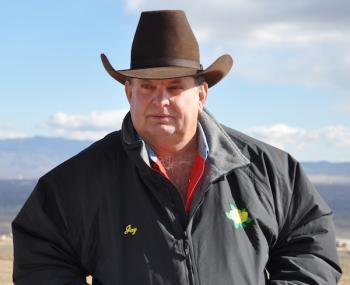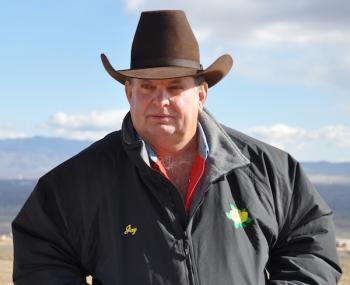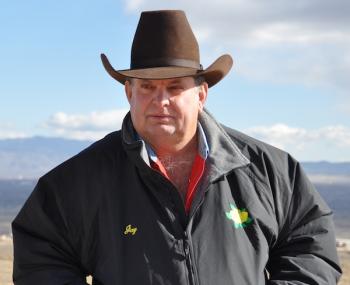Stories of heroism often become nightmares—haunting memories, which many veterans struggle to cope with.
Vietnam veteran Jay Taylor still recalls an ambush he and his partners set at a river crossing during the war. They killed eight people that day, and the action won Taylor a Bronze Star.
The medal has now become a “stressor”—proof that Taylor is eligible for Post Traumatic Stress Disorder (PTSD) treatment.
“The one thing about PTSD is you’re never cured from it,” said Taylor over the phone on July 13. “It’s just a matter of how well you learn to live with it, and then control it.”
Taylor, like thousands of other suffers from PTSD. He spent 13 months in Vietnam as an elite member of the 7th Marine Scout Sniper Platoon Bravo Company. He spent another 40 years reliving the horrors of war through memories, which few could shake.
Now living in his old hometown of Albuquerque, New Mexico, Taylor has learned to cope. He spends his time as a thoroughbred racehorse breeder, and is the author of “Point of Aim Point of Impact,” which recounts his two tours in Vietnam, and the battle he endured following his return home.
“It’s more retirement age, when your mind is not busy anymore, when some of that stuff can come back and impact you,” Taylor said.
Although Taylor has been able to get treatment for PTSD, thousands of other veterans have been rejected. Until recently, in order to get PTSD treatment, veterans needed to have documented proof of their “stressors”—incidents, which would make them eligible.
The policy was only changed just this week.
During his July 10 weekly address, President Barack Obama announced that the Department of Veterans Affairs (VA) will no longer require a confirmed stressor in order for veterans to be diagnosed with PTSD.
The decision will now be on VA psychiatrists and psychologists, who will determine if a veteran’s experience supports a PTSD diagnosis, and whether the veteran’s symptoms result from the incidents.
Obama said that the practice of requiring veterans to give evidence of the incident which caused their PTSD “... has kept the vast majority of those with PTSD who served in noncombat roles, but who still waged war, from getting the care they need.”
Taylor agrees, and shared his belief that the new policy is “going to be a benefit to a lot of veterans who have had difficulty getting help with PTSD.”
Vietnam veteran Jay Taylor still recalls an ambush he and his partners set at a river crossing during the war. They killed eight people that day, and the action won Taylor a Bronze Star.
The medal has now become a “stressor”—proof that Taylor is eligible for Post Traumatic Stress Disorder (PTSD) treatment.
“The one thing about PTSD is you’re never cured from it,” said Taylor over the phone on July 13. “It’s just a matter of how well you learn to live with it, and then control it.”
Taylor, like thousands of other suffers from PTSD. He spent 13 months in Vietnam as an elite member of the 7th Marine Scout Sniper Platoon Bravo Company. He spent another 40 years reliving the horrors of war through memories, which few could shake.
Now living in his old hometown of Albuquerque, New Mexico, Taylor has learned to cope. He spends his time as a thoroughbred racehorse breeder, and is the author of “Point of Aim Point of Impact,” which recounts his two tours in Vietnam, and the battle he endured following his return home.
“It’s more retirement age, when your mind is not busy anymore, when some of that stuff can come back and impact you,” Taylor said.
Although Taylor has been able to get treatment for PTSD, thousands of other veterans have been rejected. Until recently, in order to get PTSD treatment, veterans needed to have documented proof of their “stressors”—incidents, which would make them eligible.
The policy was only changed just this week.
During his July 10 weekly address, President Barack Obama announced that the Department of Veterans Affairs (VA) will no longer require a confirmed stressor in order for veterans to be diagnosed with PTSD.
The decision will now be on VA psychiatrists and psychologists, who will determine if a veteran’s experience supports a PTSD diagnosis, and whether the veteran’s symptoms result from the incidents.
Obama said that the practice of requiring veterans to give evidence of the incident which caused their PTSD “... has kept the vast majority of those with PTSD who served in noncombat roles, but who still waged war, from getting the care they need.”
Taylor agrees, and shared his belief that the new policy is “going to be a benefit to a lot of veterans who have had difficulty getting help with PTSD.”







